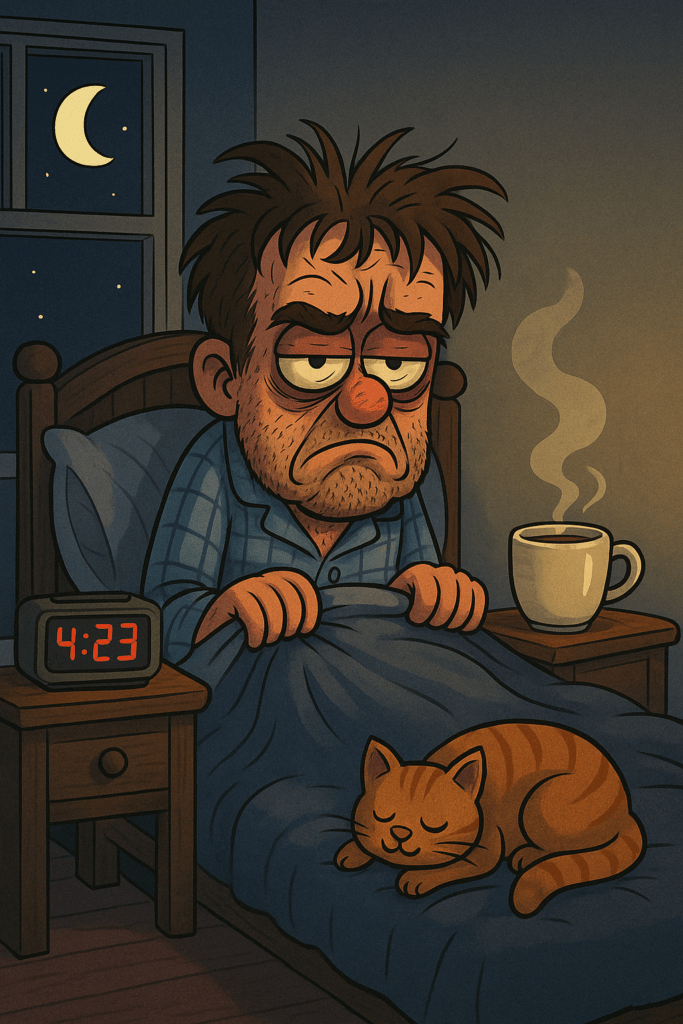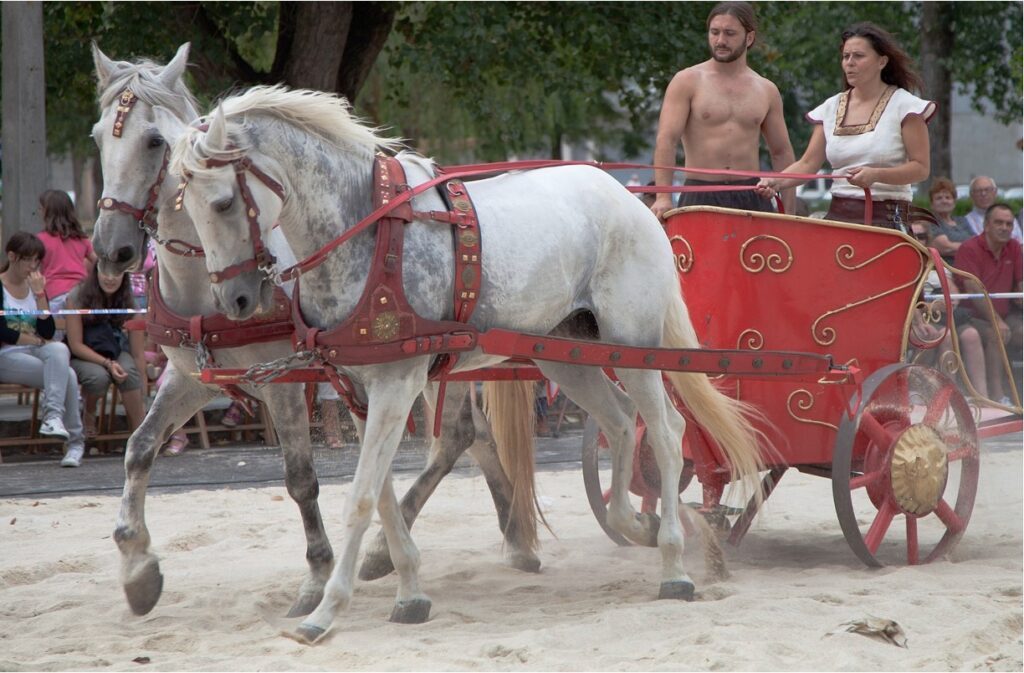
It was just after I sent my last newsletter about the book Don’t Believe Everything You Think that I received a beautiful reply from my good friend Mattias Hulting.
Mattias and I met while working together on a tough and highly complex ERP and HR project designed to integrate the former Wella business into P&G across Asia. It was one of those projects full of highs and lows, and I came to admire Mattias’ ability to keep things light while still being deeply thoughtful and sharp.
The note he sent, which shares a very interesting perspective on overthinking during the early morning hours, was so insightful I wanted to share it with you here unedited:
[Read more…] about The Science Behind The 4am Panic And How to Outsmart It



